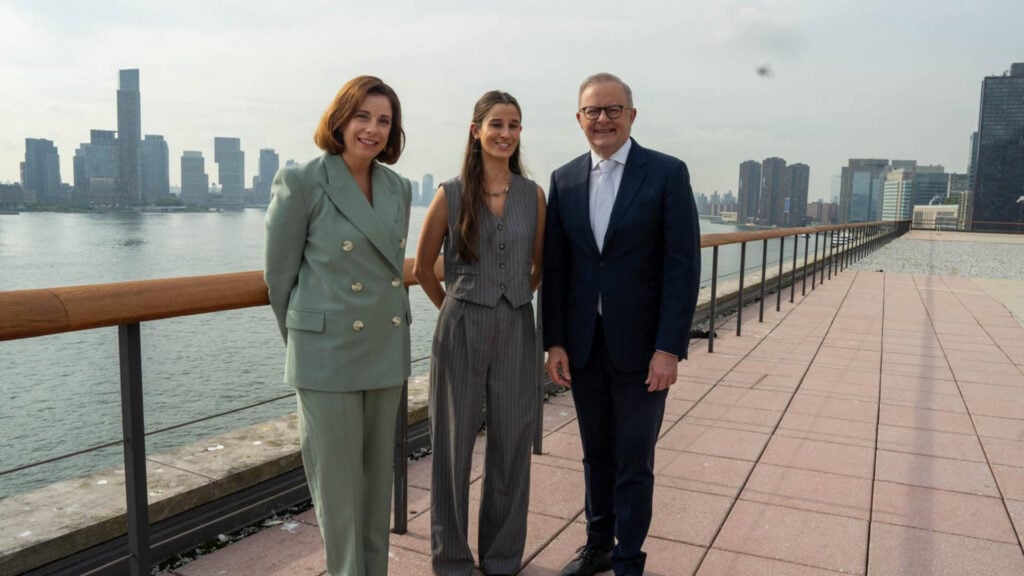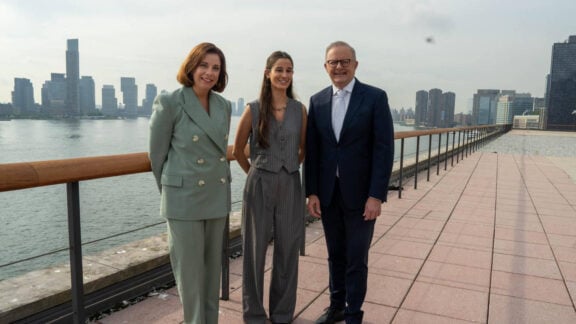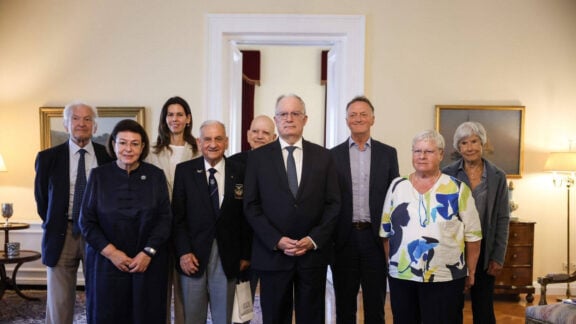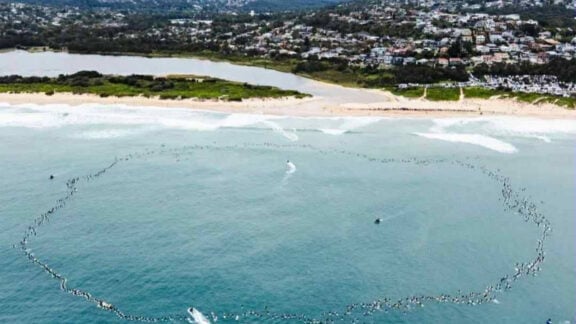Greek Australian activist Chanel Contos has expressed encouragement with the development of Australia’s social media age ban in the wake of their recent event at the UN, believing it marks the first step in helping protect under-16-year-olds from online dangers.
The sexual consent activist was among many individuals who attended Australia’s ‘Protecting Children in the Digital Age’ event held during High-Level Week of the 80th United Nations General Assembly in New York.
“It was an honour to attend the Protecting Children in the Digital Age event at the United Nations with representatives from nations across the globe, other youth safety advocates, like Tilly’s mother Emma, and experts like social psychologist Jonathan Haidt,” Contos told Neos Kosmos.
“I was there to support this reform and the adoption of similar measures by other countries. All policies require iterations and updates, so other countries can learn from this first step by Australia.”
Contos remarked on the pleasure in seeing not only the Australian Prime Minister Anthony Albanese, but also Greek PM Kyriakos Mitsotakis at the event that raised the subject of the social media ban.
“As a dual Australian-Greek citizen, it was great to see the Greek Prime Minister speak at this event too and the close relationship between Australia and Greece,” she said.
“Mitsotakis spoke of how Greece has banned mobile phone usage in schools, and he seemed very inspired by Australia’s online safety reforms.”
Contos, who is founder and CEO of Teach Us Consent, stated she was pleased with the overall turnout that saw representatives from across the EU, Fiji, Tonga and other states in attendance,
“It demonstrated the worldwide commitment to ensuring digital safety for young people,” she said.
“I am very proud that Australia was the first to establish an eSafety Commissioner, and I heard from many in the room that Australia is leading the way in eSafety reforms because of this. This policy is a next step of that.”
Contos emphasised that it is only the beginning.
“There remains more work to be done, especially to combat predatory algorithms across social media platforms,” she said.
“Young people deserve to scroll safely but algorithms are exposing them to extreme, explicit and polarising content in ways we’ve never seen before.”
The Greek Australian noted:
“Additionally, I believe we need to be more explicit about the gendered nature of online harms, highlighting both the groups disproportionately subjected to them and those who inflict them, such as image-based abuse.
“New technologies are emerging constantly, so we’ve got to move quickly to combat these new harms. Teach Us Consent will continue to advocate for young Australians and their safety – online and offline.”









